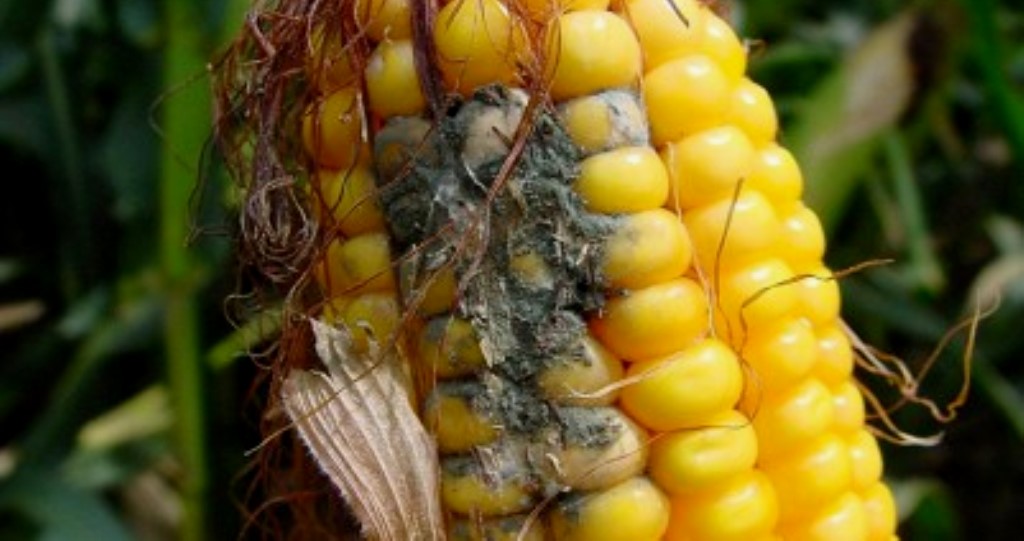THE fight against fungal infestation and aflatoxin contamination has received a huge boost after the government inked contracts and Memoranda of Understanding for the implementation of a multi-billion project designated to mitigate the vice.
Ministry of Agriculture penned down three deals and two MoUs with different companies for the execution of the Tanzania Initiative for Preventing Aflatoxin Contamination (TANIPAC) project, worth US Dollars 35.3 million (about 81bn/-).
Tanzania is a leading producer of maize and groundnuts in the East African region, accounting for two per cent of world production.
However, the crops are highly susceptible to fungal infestation and aflatoxin contamination which affects the health of consumers.
Aflatoxin is a known carcinogens and the leading cause of liver disease and liver cancer in Tanzania –and reduces the country’s export earning potential.
In an effort to curb the problem, the Permanent Secretary in the Ministry of Agriculture, Engineer Mathew Mtigumwe signed three contracts with three companies that won the tender for the implementation of the project.
The first contract was between the Ministry of Agriculture (MoA) and A.V Consult for design of 14 storage facilities.
The second was between MoA and M/S Digital Space for design of quarantine at the National Biological Control Unit (NBCU) in Kibaha District and the last contract was between MoA and Sundy Mechant Limited for conducting baseline survey.
Engineer Mtigumwe also signed an MoU with the Tanzania Bureau of Standards (TBS) for awareness creation and capacity building and another MoU with Vocational Education and Training Authority (VETA) for training of artisans in post-harvest technology.
According to TANIPAC Project Coordinator, Clepin Josephat, the ministry in collaboration with VETA intends to train about 400 youths from 10 regions and 18 districts in Tanzania Mainland who would help in technology transfer.
The major objective of (TANIPAC) project which is implemented by the government in collaboration with Global Agriculture and Food Security Programme (GAFSP) is to minimize aflatoxin occurrence in the food system through an integrated approach in the maize and groundnuts value chains.
The overall objective is to improve food safety and food security, which will ultimately improve the health and nutrition of the communities, improve agricultural productivity and boost trade.
Through the infrastructure development component, TANIPAC rehabilitates the Bio-control Unit, establishes a post-harvest centre of excellence for grains, establishes a central agriculture reference laboratory for enabling mycotoxin control along the food production and supply chain, and constructs and equips two warehouses in Zanzibar and 12 on the Tanzanian mainland.
“The project also carries out public awareness and education on the subject of food safety, nutrition, and aflatoxin mitigation. The private sector’s role in monitoring and quality control at all segments of the value chains is important,’’ he said.
The project equally establishes partnerships with commercial buyers to support advocacy and disseminate new technology on both Mainland and Zanzibar.





